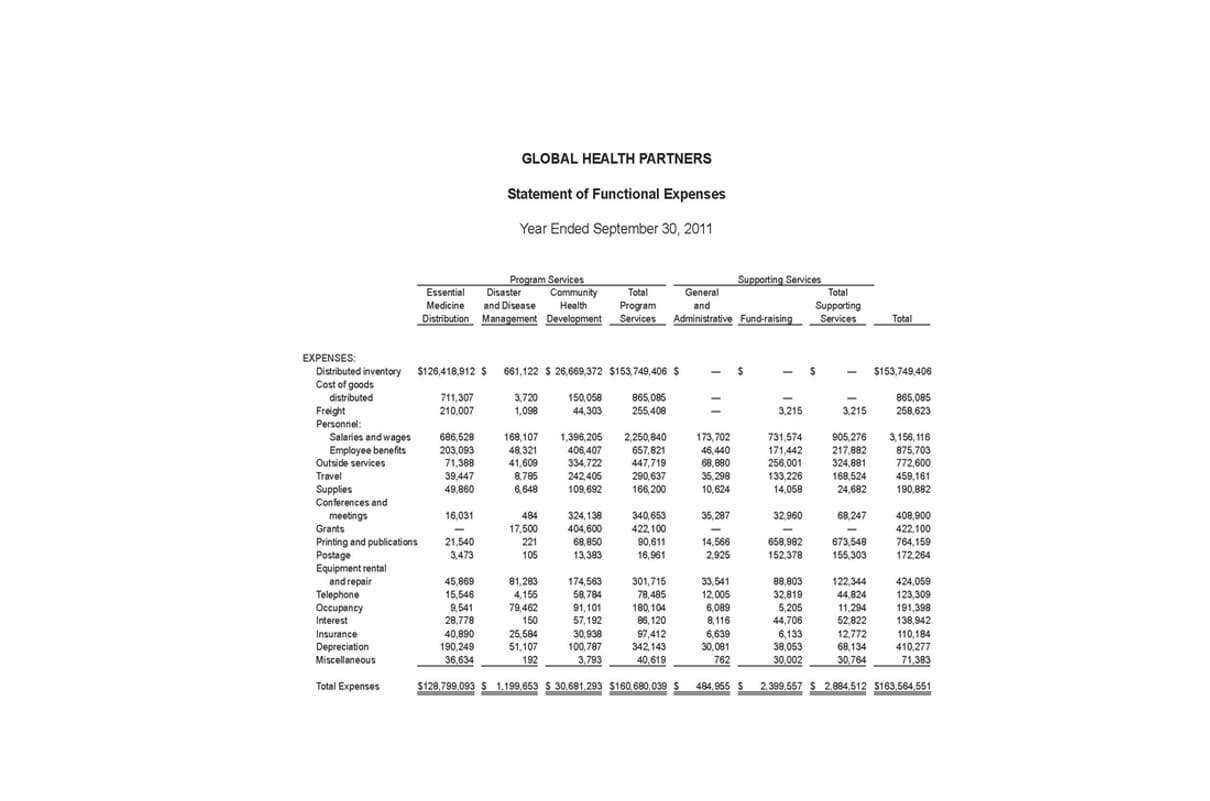
Additionally, you can choose an accounting software based on your industry. For instance, normal balance if you are selling things online, ecommerce accounting software with specific features that support your digital retail operations will be the best fit. Accounting software can help you fully automate the process and minimize errors instead of entering the data in spreadsheets. Agentic automation orchestrates planning activities end-to-end—integrating data from multiple sources and adapting to new information, so teams can focus on delivering real-time insights for better decisions. Streamline reporting, eliminate manual tasks, and gain real-time insight across your financial processes—focus on driving performance, not processing numbers. Embrace payroll automation to streamline operations and position your business for growth and success.
- Reading through these firsthand accounts can really help you picture how a particular solution might fit into your own business and support your team’s goals.
- The provider, meanwhile, manages all back-end operations, including issuing payments, collecting and filing tax payments and preparing employee tax forms at the end of the year.
- Payrec automates your recurring payroll journal entries saving your countless hours each pay cycle.
- The system will show you a list of the workers to be paid under that group for you to review.
- These systems are designed to manage key accounting tasks, all from a central console.
- State unemployment taxes vary, requiring payroll system updates and accurate record-keeping.
Services

Financial professionals spend countless hours on repetitive tasks like data entry, transaction coding, and reconciliation — work that adds little strategic value but creates a significant operational burden. This inefficiency ripples through the entire organization, limiting access to timely financial insights and hindering decision-making. What’s the first step I should take if I’m considering accounting automation software?
What accounting functions can be automated?
- Two of the most critical accounting processes for any business is accounts payable (AP) and accounts receivable (AR).
- Train HR and accounting staff on the new system and integrate payroll with HR software to streamline processes and ensure seamless data flow between systems.
- Automated payroll systems offer advanced reporting and analytics capabilities.
- Hence, beyond the basic tasks, they can handle complex functions like overtime, commissions, raises, wage deductions, etc.
- Managers can see at a glance which payroll runs are scheduled, in progress or awaiting approval.
- In 2023, the IRS recovered around $10 billion in civil penalties related to payroll taxes—proof of how costly payroll mistakes can be.
Automation virtually eliminates these errors by consistently applying predefined rules to every transaction. Properly configured processes achieve accuracy rates far outperforming manual methods. Automated workflows generate complete audit trails that https://www.bookstime.com/articles/adjusting-entries document who accessed information, what changes occurred, and when — creating reliable records that meet accounting standards and tax requirements.

Financial Risk Management
Automating the process helps your business run more efficiently while giving employees more peace of mind. Let employees know when payroll automation will begin and what they can expect moving forward. It offers flexible plans suitable for different company sizes, automates tax filings, and integrates seamlessly with QuickBooks for full financial visibility.
The repetitive, data entry tasks of accounting will become automated with time. Accounting software is cost-effective, more secure, and provides greater accuracy while saving time. That said, there will always be parts of accounting that will require contextual reasoning. Automation in accounting is simply replacing repetitive data-entry tasks with software.
When Should You Invest in Payroll Automation?

For example, you can collect new employee information using Typeform, which can then automatically push that information over to Xero for payroll, either directly or via Zapier. Automated accounting systems use artificial intelligence (AI), including machine learning and robotic process automation to help accounting professionals streamline their processes. Payroll processing is a core business process that impacts nearly all other aspects of your operation, yet it can be a costly mistake for a business to purchase payroll features they don’t need. Look for a payroll service whose products give you the option to start with the basics and add functions as your payroll needs change. These are the key features of a winning payroll solution for your small business.

By focusing on a few key areas, you can find a solution that not only fits your current operations but also supports your growth for years to come. Let’s walk through what to consider to make this choice a confident one. Nonprofit organizations have unique accounting requirements, including fund accounting, grant management, and donor tracking, along with specific reporting standards like Form 990. Choosing the right accounting software means carefully evaluating your organization’s specific needs, budget constraints, and the features that will best support your mission and ensure compliance. Look for software that understands nonprofit financial management goals, such as tracking restricted versus unrestricted funds and generating reports for board members and donors.
- Manual payroll is time-consuming, error-prone, and stressful for everyone involved.
- In addition to draining internal resources, these mistakes often lead to compliance violations that could draw the attention of regulatory agencies.
- Another affordable option is Wave Payroll, which costs $40 a month plus $6 per person a month and integrates seamlessly with the company’s free and low-cost accounting software.
- With so many options on the market, it’s easy to feel a bit lost in a sea of features and promises.
General accounting and reporting
Instead of manually coding expenses, they can analyze financial trends, identify savings opportunities, and contribute meaningfully to strategic planning. Accounting automation refers to the use of technology to perform accounting tasks with minimal human intervention. The efficiency gains are substantial, with processes that typically required days now completing in minutes, transforming how finance departments operate across industries. Manufacturing businesses have their own unique set of accounting complexities, from tracking raw materials and work-in-progress to managing cost of goods sold and overhead allocation.
How Accurate Payroll Accounting Drives Business Success
Payroll automation helps organizations stay compliant with various tax and labor laws and regulations. Automated systems are frequently updated with the latest legal requirements, ensuring that payroll processing aligns with current standards. This minimizes the possibility of non-compliance penalties and audits, so even employers know that their business will run smoothly. With the ability to instantly payroll accounting automation calculate wages, deductions, and taxes, organizations can complete payroll runs in a fraction of the time it would take manually.